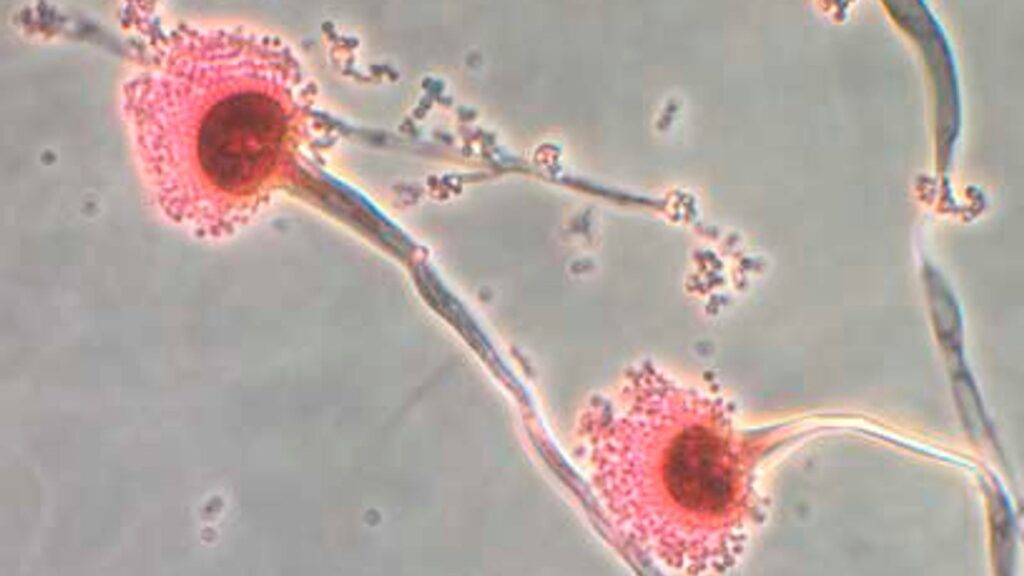New research indicates that climate change will enable dangerous bacteria, particularly Aspergillus species, to spread from Africa and South America into Europe and the UK, as global temperatures rise. These fungi can cause severe infections, impact livestock, and contaminate crops, with their expansion largely dependent on the pace of fossil fuel use and climate change measures. The study suggests that global warming is also heightening the risks of diseases like malaria and dengue.
While fungi are vital for ecosystems, they pose significant health risks, causing approximately 2.5 million deaths annually. Conditions like invasive aspergillosis can accelerate from the lungs to other body parts, resulting in fatalities. Researchers found that as global temperatures increase—projected to rise between 2.6-3.1°C—certain fungi, such as Aspergillus fumigatus and Flavus, may adapt and spread north. Misdiagnosis of fungal infections can occur as these pathogens reach new regions.
Although temperatures in some African regions are becoming too high for certain fungi to survive, the overall threat they pose is expected to grow due to the changing climate. The study highlights significant gaps in research needed to address these public health challenges, with support from the Wellcome Trust.
Source link


